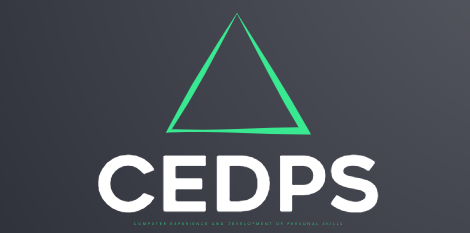When you look back at the computers we had our disposal at the beginning of the 1990s it’s almost unbelievable to see the change. Most smartphones contain more raw computing power than my University Computing Department did in that time.
Moore’s Law is a computing term coined by co-founder of Intel Gordon Moore, who predicted that the speed of the modern electronic world would radically increase biannually. This forecast rapid development of computers has stayed steady over the past many decades, but it’s slowing as a result of the constraints imposed by the elements of contemporary computer Pentium processors. Each notebook computer includes a Pentium processor with layers of a atoms round it.
Since these layers become more and more modest to increase processing capacity, the huge heat generated will finally bring about leakage, according to Heisenberg’s Uncertainty Principle. Therefore, hitting a wall in pc technological advancement is inevitable and brand new applications will not have the ability to compensate. Quantum theory has made computer transistors potential, but they also foreshadow the doom of this era of silicon. Researchers and scientists are focusing on a replacement for silicon to maintain pc technology’s rapid expansion.
In IBM’s Thomas J. Watson Research Center at Yorktown Heights, N.Y., the Business homes a quantum computer. Though their pc is composed just of 16 quantum pieces that enable easy computations and a huge cooling system which keeps the computer capable to operate, scientists expect that quantum computers could be scaled up to replace transistor computers. This would fix the computation limits that modern silicon based computer chips pose.
Science News reports, “Teams from industry and academia are working on expanding their own versions of quantum computers to 50 or 100 qubits, enough to carry out certain calculations that the most effective supercomputers can’t pull off.” Scientists predict this goal will be reached within the upcoming few decades.
Quantum computers could tackle problems and computations beyond what modern computers are capable of doing. Small molecular and chemical reactions could be simulated. The search for new drugs or new catalysts would be revolutionized. More precise algorithms could be developed. Artificial intelligence could be developed to outperform human capabilities. Searches using quantum computers would be more efficient; data that would take modern computers years to figure out would take a quantum computer seconds.
Modern computers make calculations based on computer bits of zeros and ones, but quantum bits or qubit can be 0, 1 or anything in between. This exponentially increases their computational and processing abilities, but in addition, it makes developing and programming difficult. Take for example the algorithms which are controlling the latest VPN services. Even allowing for 256 bit encryption you can stream video from the BBC iPlayer to Ireland with minimal buffering.
However, quantum computers need vast cooling systems, which will likely confine these computers to laboratories in the near future. This past year, IBM made a five qubit quantum computer accessible to anybody online. Though limited in its abilities, it provides users with an overall idea about what quantum computers could have the ability to offer. At this time, scientists want to develop a demonstration that quantum computers can outperform modern computers. An algorithm to demonstrate this was proposed by Google researchers in 2016.
Scientists are also working to develop error correcting infrastructure within quantum computers, since they are vulnerable to interference and miscalculations. Information spread out can be corrected within the system, but weeding out the errors calls for greater qubits, which are still a ways off as IBM and Google are currently working on developing 50 qubit quantum computers within the next couple of years. The possible uses for these kinds of computers are still being theorized as physicists attempt to coordinate with other scientists in making this technology a reality.
John Williams
Commentator from France TV Direct.


Recent Comments